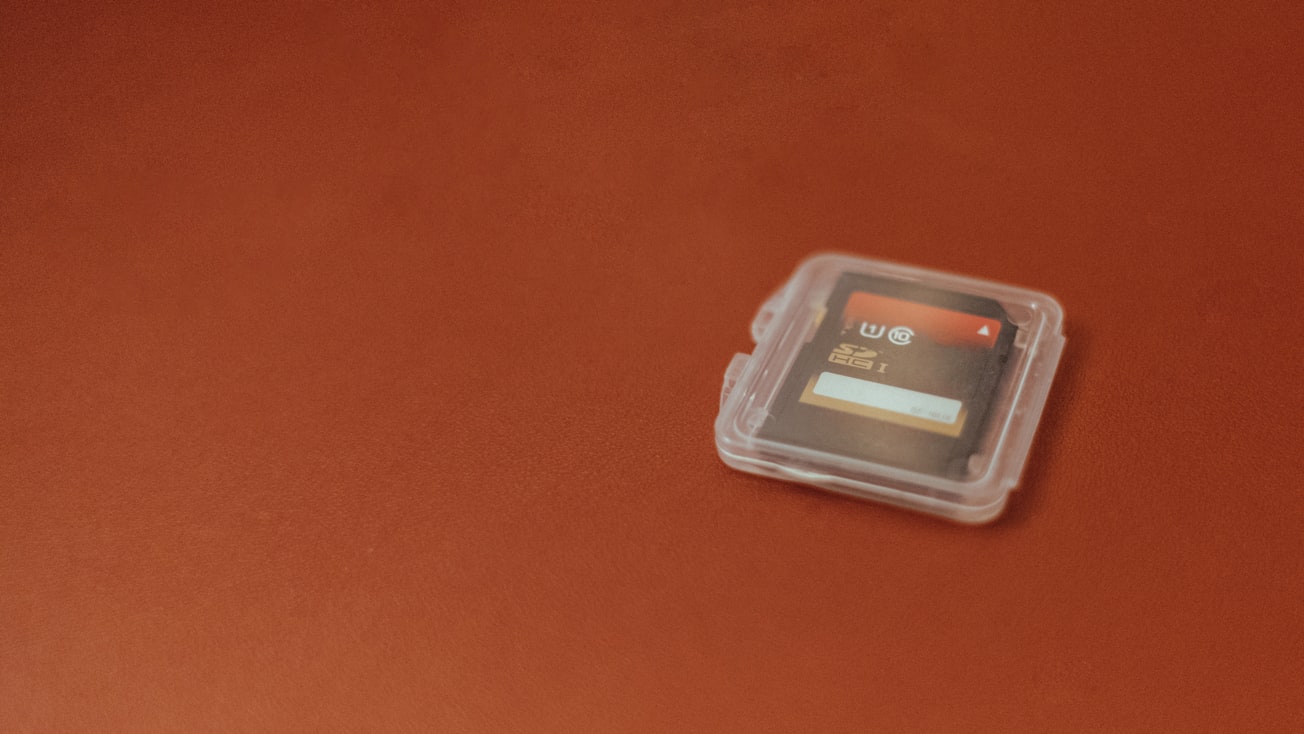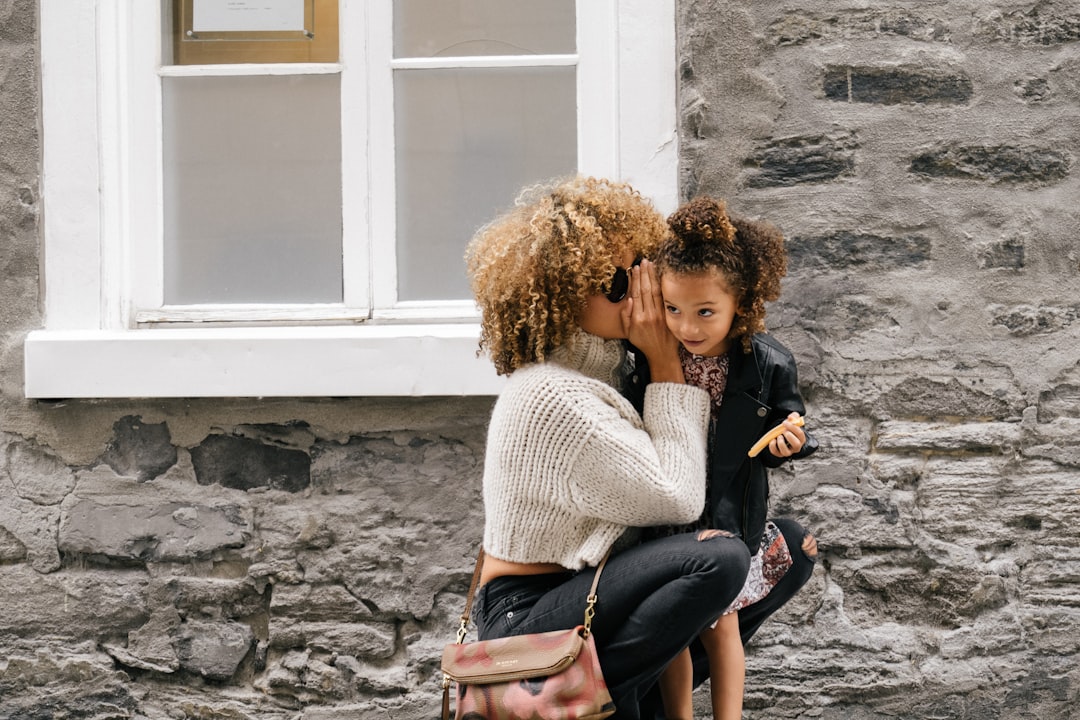What is it about?
In 2003 a University research agreement was drafted for the doctoral research project “Masked Corroborees of the Northwest.” It was intended to recognize Indigenous ownership of cultural heritage consistent with best practice. The researcher was comfortable restricting the use for educational purposes. When one of the cultural owners involved in the project expressed interest in accessing commercial returns from the video it became apparent that to unlock commercial returns is not straightforward. This article by Delwyn Everard and Dominique Sweeney explores the legal and technical considerations in the ongoing process of making research video archives available to traditional owners with whom the research was done.
Featured Image

Photo by bady abbas on Unsplash
Why is it important?
It had always been the foundation principle of the ethical framework within which the research was undertaken that the Australian Aboriginal communities and cultural custodians which were the subject of the research would share in its benefits and have access to the video archive. In northwest Australia, cultural responsibility for each corroboree is vested in a specific individual or family group, originating with the poet creator who first realized that cultural story or dream performatively. As the cultural ‘owner’, that person can pass that cultural responsibility to others capable of holding and exercising that responsibility. That ‘owner’ is recognized under traditional law as having the right to control and profit from public performance of the corroboree.
Perspectives
Despite the goodwill of the drafters, western legal concepts of intellectual property are poorly suited to dealing with Indigenous traditional knowledge and cultural expression. The well-intentioned contractual promises to confine use of the research material to academic use ultimately had the unintended effect of also imposing shackles not only on the researcher and academic institution but also on those intended to be the beneficiaries of the research outcomes. The article is an account of the process to untangle the agreements and provide the traditional owners with the tangible benefits of cultural ownership.
Dr Dominique Sweeney
Read the Original
This page is a summary of: Sharing research outcomes with traditional owners., Psychology of Aesthetics Creativity and the Arts, June 2022, American Psychological Association (APA),
DOI: 10.1037/aca0000498.
You can read the full text:
Contributors
The following have contributed to this page










